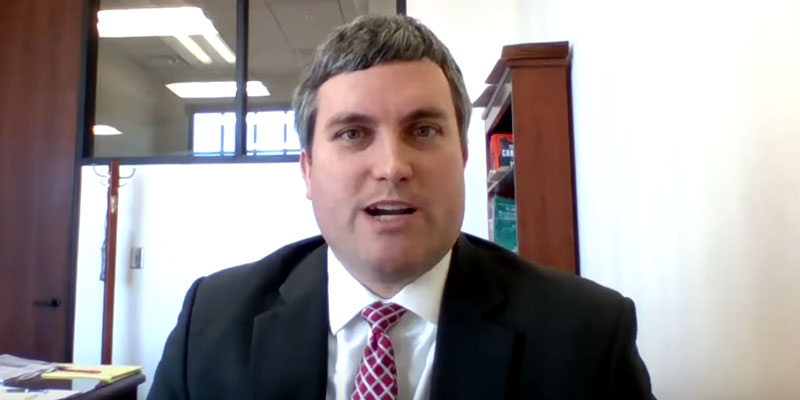
U.S. District Judge Keith Watkins on Tuesday dismissed a lawsuit seeking to permanently block the implementation of the Alabama Accountability Act (AAA), the landmark school choice bill Republicans passed in 2013. The Southern Poverty Law Center filed the lawsuit in August of last year on behalf of eight public school students who were contending the law did not treat them equally.
The AAA allows for students in chronically failing schools to transfer to a non-failing public or private school in their district and offers their parents tax credits to help cover the cost. The eight students who filed suit to block the law contended that they were being treated unequally because there are no non-failing schools nearby and they don’t have the money to commute to a school in another area.
In short, the Souther Poverty Law Center was arguing that since the law does not rescue every Alabama child stuck in a chronically failing school, it should not be allowed to rescue any Alabama children who are stuck in a chronically failing school.
Judge Watkins slapped down that argument in no uncertain terms.
“The requested remedy is arguably mean: Withdraw benefits from those students who can afford to escape non-failing schools,” said Watkins. “The only remedy requested thus far would leave the plaintiffs in exactly the same situation to which they are currently subject, but with the company of their better-situated classmates. The equal protection requested is, in effect, equally bad treatment.”

Sen. President Pro Tem Del Marsh, R-Anniston, the law’s primary architect, said he was pleased with the court’s ruling and looks forward to students benefiting from the AAA in the years to come.
“Today’s ruling is another win in the effort to give children trapped in failing schools an opportunity to receive a better education,” said Marsh. “The Accountability Act is already proving to be successful in providing students and parents with more educational options and I applaud the courts for continuing to rule in its favor.”
A previous lawsuit by the Alabama Education Association (AEA) was rejected by the Alabama Supreme Court last year. They still have a second lawsuit pending in Montgomery County Circuit Court.
“The good news continues for Alabama children stuck in failing schools and their parents who deserve the choice to give them a better education,” added House Speaker Mike Hubbard. “The Alabama Accountability Act is working to provide school choice and education options for students across the state, regardless of where they live or what their family’s income might be. This ruling prohibits the Southern Poverty Law Center from slamming the door on these options for the very students the Accountability Act is intended to help.”
Almost 800 students took advantage of the Accountability Act in its first semester by transferring out of their chronically failing school and into a better situation. Only 52 students transferred to a private school.
Follow Cliff on Twitter @Cliff_Sims











